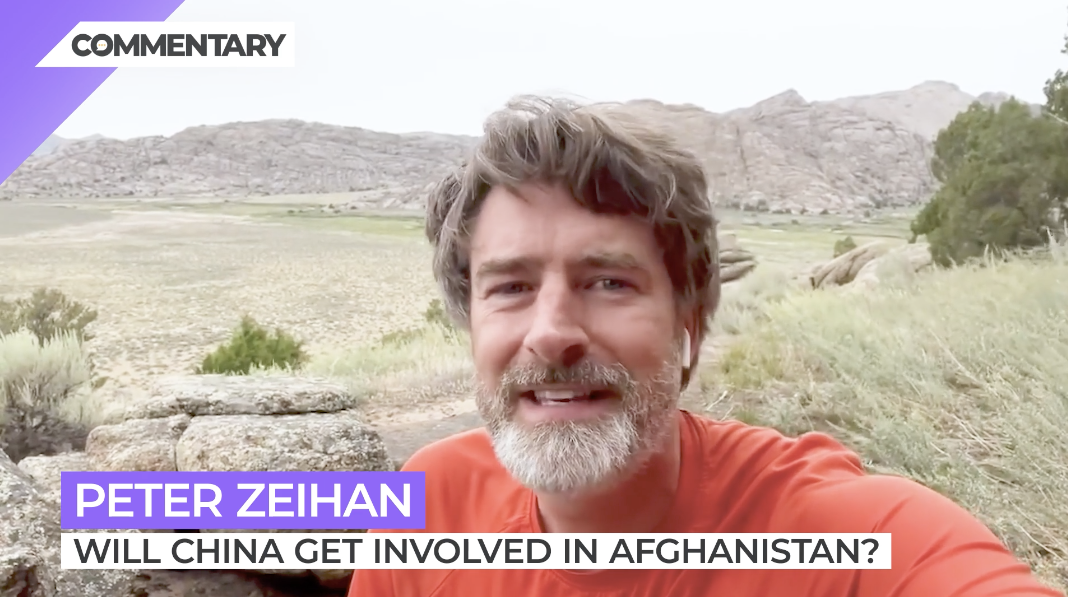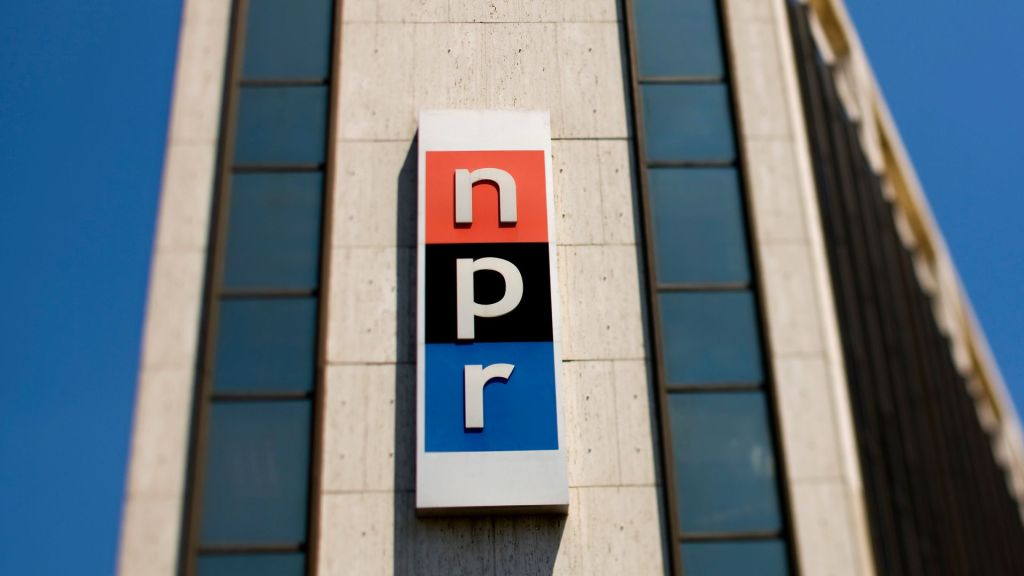
Commentary
-
Our commentary partners will help you reach your own conclusions on complex topics.
Hello from central Wyoming. I wanted to take this opportunity to talk about Afghanistan one last time. There’s been a lot of talk going around about the Chinese being really excited about getting in so they can tap all the mineral resources of the country.
Um, no, uh, let’s assume for the moment that you believe the numbers that have been tossed around — that there’s two to three trillion dollars worth of ore which is backed by absolutely no meaningful studies or seismic work. There’s still the issue of getting it out now. Afghanistan from any place in the mountains to any place on the border to then getting to China. You’re talking about an excess of a 2,000-mile trip, plus 2,000 to 3,000 miles across trying to get where you need to go.
But it’s really that first piece within Afghanistan now. As those of you who have been following me for a while realize, moving things by land is about ten times as expensive as moving them by water.
And that assumes you have an American-style interstate highway system.
Now building a single mile of interstate highway costs $10 million to $20 million a mile.
And that assumes you’re in a relatively flat zone with a local skilled labor pool, there’s petroleum for the asphalt, as well as an efficient tax base and financing to make it all happen. Afghanistan has none of those things.
So there you’re talking to at least a factor of four or five more expensive.
So you’re talking a cool trillion dollars just to build the basic infrastructure to get into the mountains, get the stuff out, plus the cost of the mines.
You’re also not processing it anywhere in Afghanistan because, lo and behold, the country does not have a power grid.
So you’re going to be moving ore in trucks the size of dump trucks until you get to the Chinese border.
No. The infrastructure, just that question alone, um, kind of obviates it.
It’s just simply easier to move things in from Brazil or Australia, via the water.
Now the only reason that the Chinese do have to be involved in the areas, very simple, they’re concerned about what’s going to happen in the region when the Americans are gone. As long as the Americans were there, all the local jihadists were focused on the United States, whether it was some offshoot of ISIS, the group that launched the attack on the airport recently, or the Taliban itself.
But if you remove the Americans, then all of a sudden the local militant groups do one of two things.
They go after one another, which we’re going to see very soon, or they go after the regional powers for whatever reason they find problematic, that’s Pakistan, that’s India, that’s Russia, that’s China.
China’s not there because they want to be, they’re going to be there because they feel they have no choice. Kind of like why the U.S. went in, in the first place. Anyway, that’s it for me? See you from another mountain.
-
Russia unveils drone-resistant ‘turtle tanks’
The Russian military has unveiled a new drone-resistant tank, which has gained the nickname “turtle tank” due to its heavy shell-like armor and low mobility. While heavy artillery can stop the advance of these turtle tanks, Ukrainian forces have run desperately low on artillery and heavy munitions. Straight Arrow News contributor Peter Zeihan dives into…
-
Texas heat challenges a strained energy grid
As May begins, much of the country is experiencing the gradual onset of warmer weather. Texas is already feeling the full force of it, with temperatures in many areas reaching the 80s and 90s. During this time of the year in Texas, power grids can become strained due to increased demand spurred on by early…
-
Japan’s navy gets an upgrade
Following their defeat in World War II, the people of Japan pursued a largely pacifist foreign policy. Today, following Russia’s invasion of Ukraine and with near-daily news regarding China’s threatening activities throughout the greater Pacific, the Japanese are reinvesting in military defense and reaffirming their alliances with Pacific partners like Australia and the United States.…
-
How could RFK Jr. impact 2024 election?
Many Americans speculated about how a potential RFK, Jr. campaign might impact the 2024 elections. While RFK is neither a Democrat nor a Republican, many of his positions favor Donald Trump’s base over Joe Biden’s, particularly his various conspiracy theories on a wide range of subjects. Straight Arrow News contributor Peter Zeihan says that GOP…
-
Global warming won’t impact Russian-Chinese shipping
The seas above Russia’s northern coastline are too frozen for shipping, but some have wondered whether global warming might change that in the decades to come. If those seas were to become navigable for commercial shipping, new direct routes between Russia and China could theoretically open up. Straight Arrow News contributor Peter Zeihan throws more…
Latest Stories
-
 AP Images
AP Images
EPA says San Francisco dumped billions of gallons of wastewater into ocean
-
 Getty Images
Getty Images
Bill would have immigrants reported to ICE if they illegally try to buy guns
-
 Getty Images
Getty Images
A US county is seeing success with 32-hour workweeks
-
 AP Images
AP Images
VP hopeful Kristi Noem faces further backlash for memoir yet to be released
-
 AP Images
AP Images
New EV tax credit exemption will benefit US consumers, but also China
Popular Opinions
-
In addition to the facts, we believe it’s vital to hear perspectives from all sides of the political spectrum.
Latest Opinions
In addition to the facts, we believe it’s vital to hear perspectives from all sides of the political spectrum. We hope these different voices will help you reach your own conclusions.
The opinions published in this section are solely those of the contributors and do not reflect the views of Straight Arrow News.

















Latest Commentary
We know it is important to hear from a diverse range of observers on the complex topics we face and believe our commentary partners will help you reach your own conclusions.
The commentaries published in this section are solely those of the contributors and do not reflect the views of Straight Arrow News.
Peter Zeihan
Geopolitical StrategistTexas heat challenges a strained energy grid
Japan’s navy gets an upgrade
How could RFK Jr. impact 2024 election?
Dr. Frank Luntz
Pollster and Political Analyst‘We want to find common ground’: Gen Z’s stubborn optimism
‘Take the job seriously’: Why Americans are fed up with Congress
‘If we can shrink it, it will stop growing’: Americans talk debt, deficit
Pete Ricketts
U.S. Senator for Nebraska